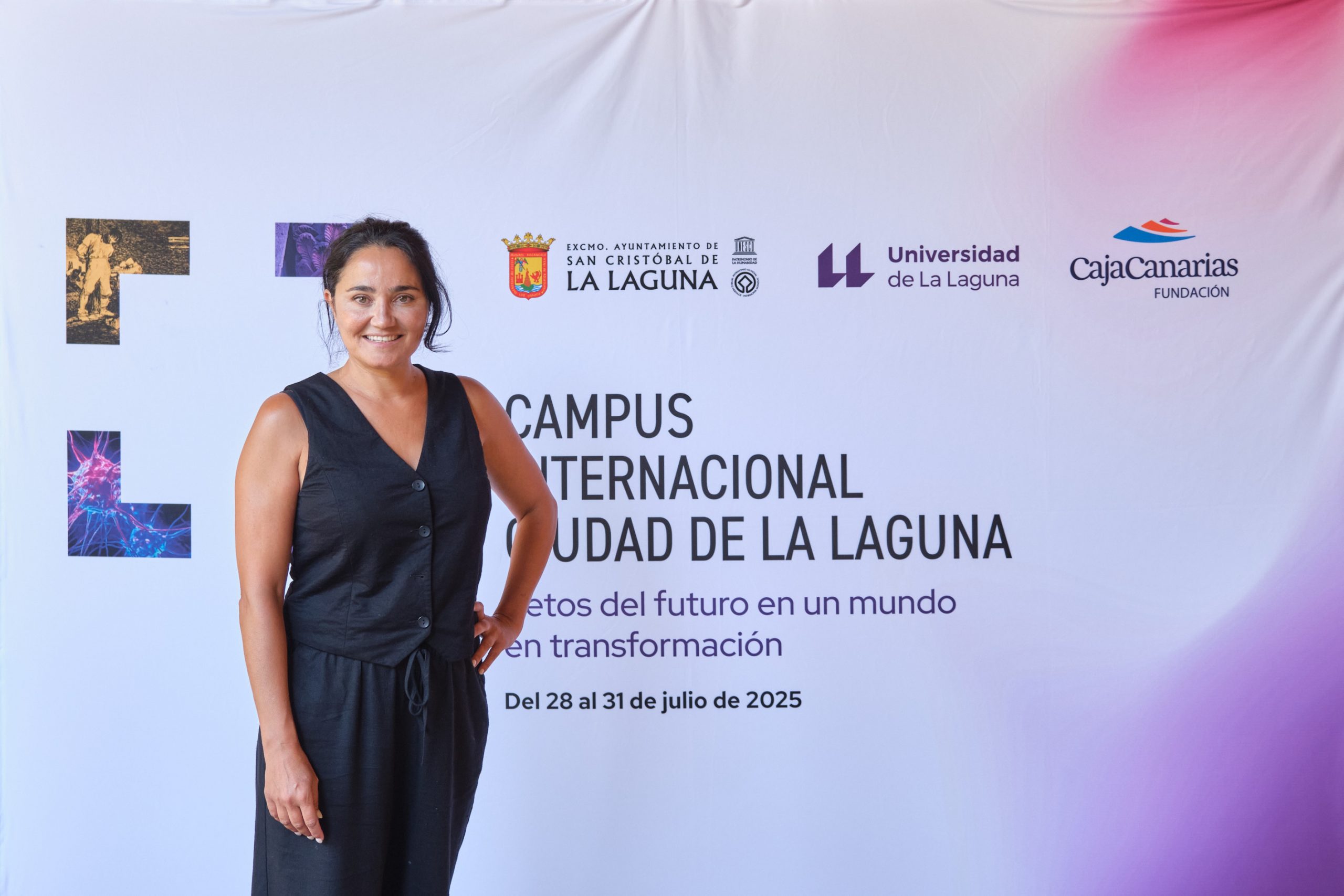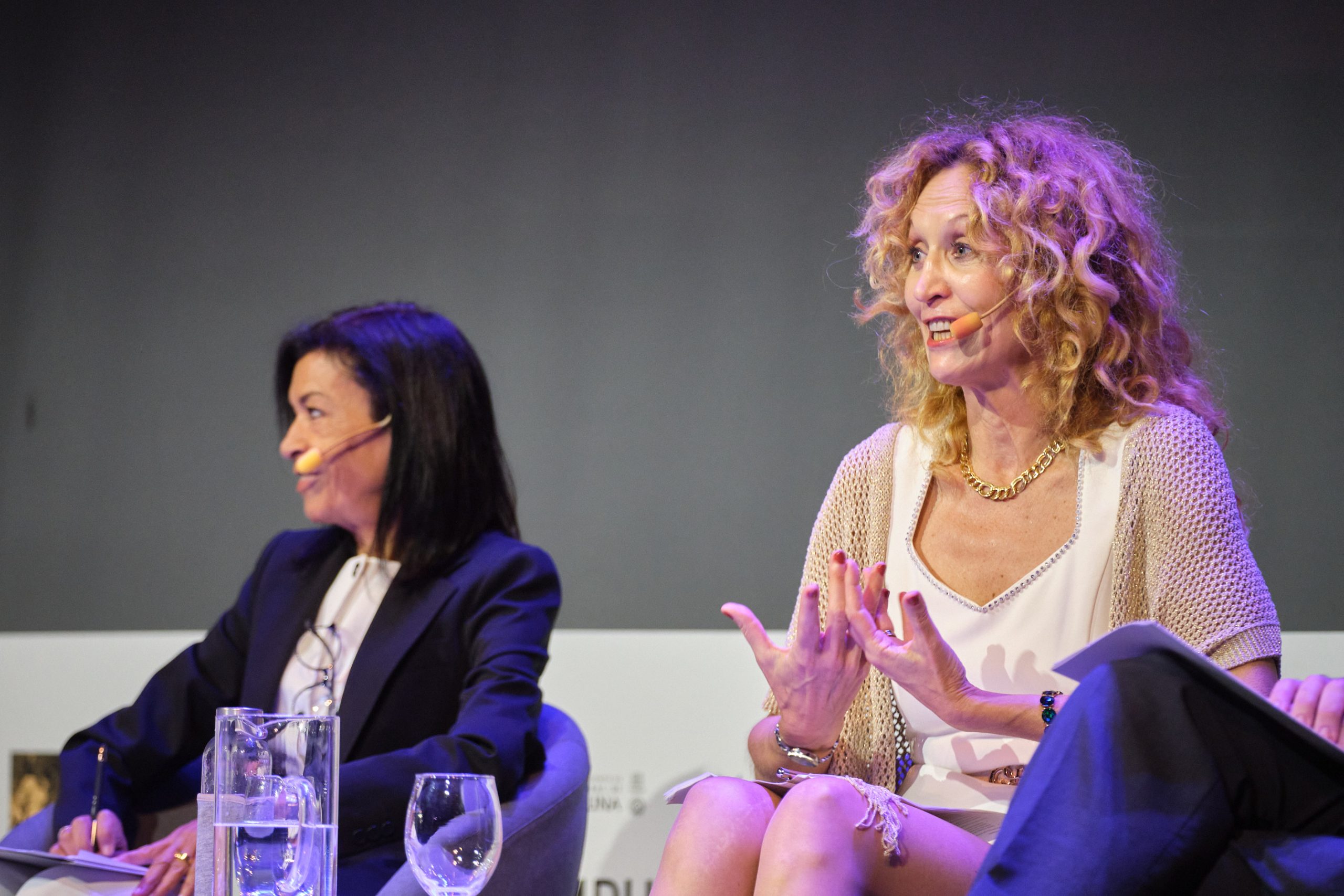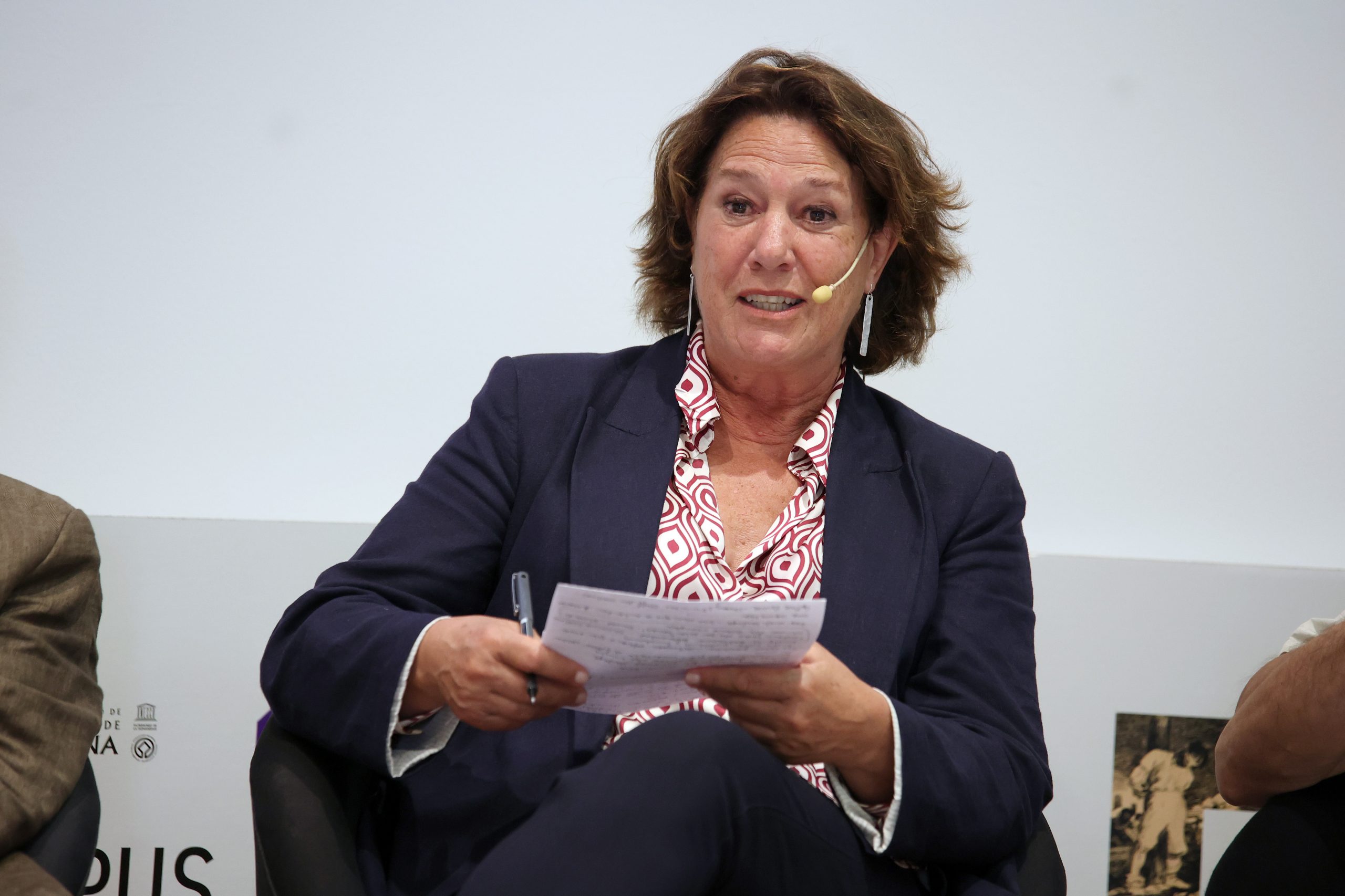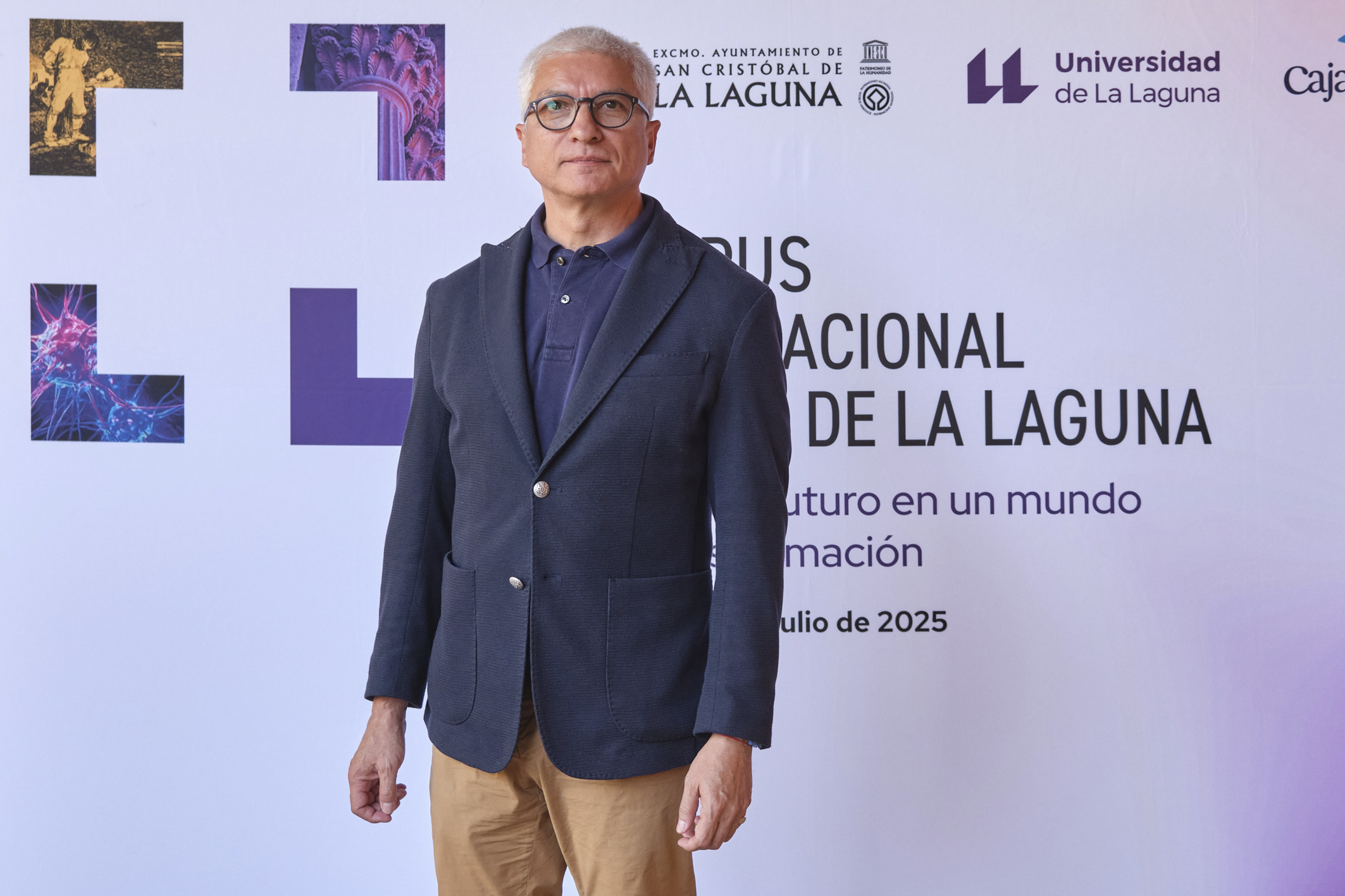● Under the title 'New neurotechnologies', Yuste addressed their impact on science, medicine and society
● The Campus concludes its programming by consolidating itself as a space for scientific, cultural and humanistic projection
The La Laguna City International Campus concluded more than three weeks of educational and cultural programming this morning with a closing lecture by Rafael Yuste at the Teatro Leal. This event marked the final touch to the first edition of this academic initiative, which invited both students and the general public to reflect on the challenges of the future in a changing world.
The closing ceremony was attended and featured speeches by representatives of the organizations promoting the Campus, Adrián del Castillo, Councilor for Culture of the La Laguna City Council; Francisco Javier García, Rector of the University of La Laguna; and Margarita Ramos, President of the CajaCanarias Foundation.
The Councilor for Culture of the La Laguna City Council, Adrián del Castillo, emphasized that the Campus was created with the firm intention of not being limited to a mere academic gathering, but rather to provide society with the necessary tools to advance the great challenges of history. "Today we conclude four intense days of analysis, reflection, and debate that reaffirm San Cristóbal de La Laguna's status as a city of peace, open to thought and cooperation," he stated.
For his part, the Rector of the University of La Laguna, Francisco García, emphasized that the La Laguna City International Campus has been "a successful initiative" that has allowed La Laguna to become "a university city, even in the summer" during the month of July. He also highlighted the high level of excellence of the training program, which has allowed "citizens to reflect in the best possible way, with academic rigor," and thanked all the sponsoring entities and the academic and scientific committees for their involvement.
The president of the CajaCanarias Foundation, Margarita Ramos, highlighted the close collaboration between her organization, the La Laguna City Council, and the University of La Laguna, which has made the Campus possible. She also emphasized her satisfaction with the achievements of this first edition, of which she is "truly proud," considering that "it has met all expectations." She praised the excellent public reception of the cultural and educational content developed throughout the month, including keynote addresses by figures such as Josep Borrell.
Rafael Yuste, one of the most internationally renowned neurobiologists and director of the Center for Neurotechnology at Columbia University in New York, gave his lecture to a packed theater, in addition to the participants who joined via streaming. His presentation was part of the Campus's thematic focus on neuroscience and neuro-rights.
Under the title "New Neurotechnologies: Implications for Science, Medicine, and Society," Yuste addressed their applications and the associated ethical risks. As a driving force behind the BRAIN Initiative and the concept of "neurorights," he reflected on the need to ensure the protection of the human mind in the face of technological advances.
Previously, the same space also hosted the Neuroscience for Everyday Life Seminar, featuring three experts from the University of La Laguna—Raquel Marín, María Ángeles Alonso, and Naira Delgado—moderated by Professor Ernesto Pereda de Pablo. They explored how neuroscience allows us to better understand crucial aspects of everyday life through cognition, emotion, and brain health.
First International Campus Ciudad de la Laguna
The first International Campus of La Laguna thus concludes its first edition as a space for academic and civic engagement that seeks to foster knowledge and reflection on major current issues.
This project is the result of close collaboration between the San Cristóbal de La Laguna City Council, the University of La Laguna, and the CajaCanarias Foundation, with technical coordination from the Fyde-CajaCanarias Foundation. This project commemorates the 25th anniversary of La Laguna's declaration as a UNESCO World Heritage City.
In its first edition, the Campus was structured around three major thematic areas: the disasters of war, the role of cultural heritage in the 21st century, and advances in neuroscience, neurotechnology, and neurolaw. These areas were addressed from an interdisciplinary, critical, and global perspective, bringing together renowned national and international specialists, such as Josep Borrell.
Since the start of its agenda on July 4, the academic and cultural program has taken place in various emblematic spaces of the city, such as the Convent of Santo Domingo, the plaza del Adelantado, the Auditorium of La Laguna and the Teatro Leal.
These venues have hosted presentations, conferences, roundtables, and exhibitions, offering attendees an environment of academic, scientific, and cultural excellence. All of this has been aimed at fostering reflection, dialogue, and the exchange of ideas from a critical, humanistic, and global perspective.












